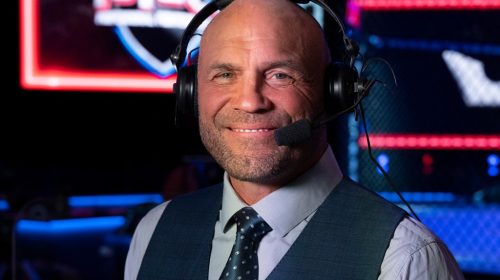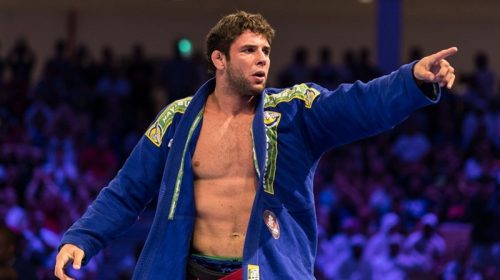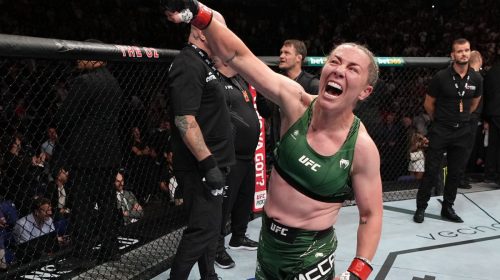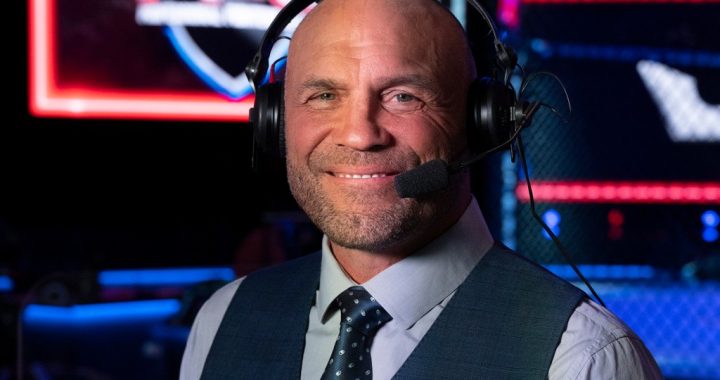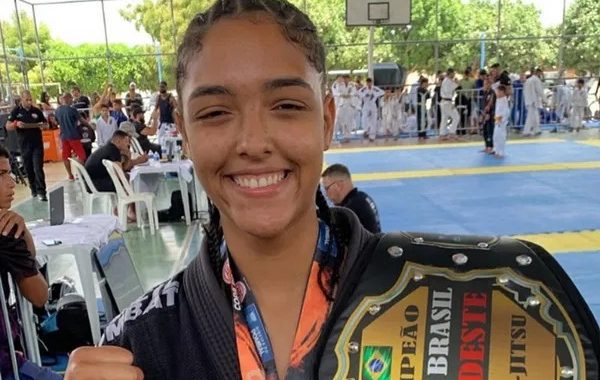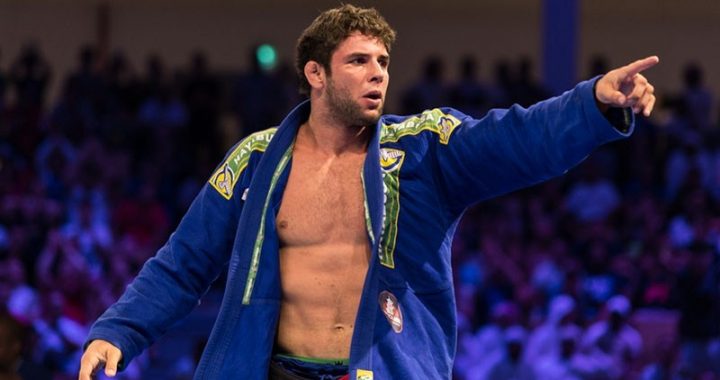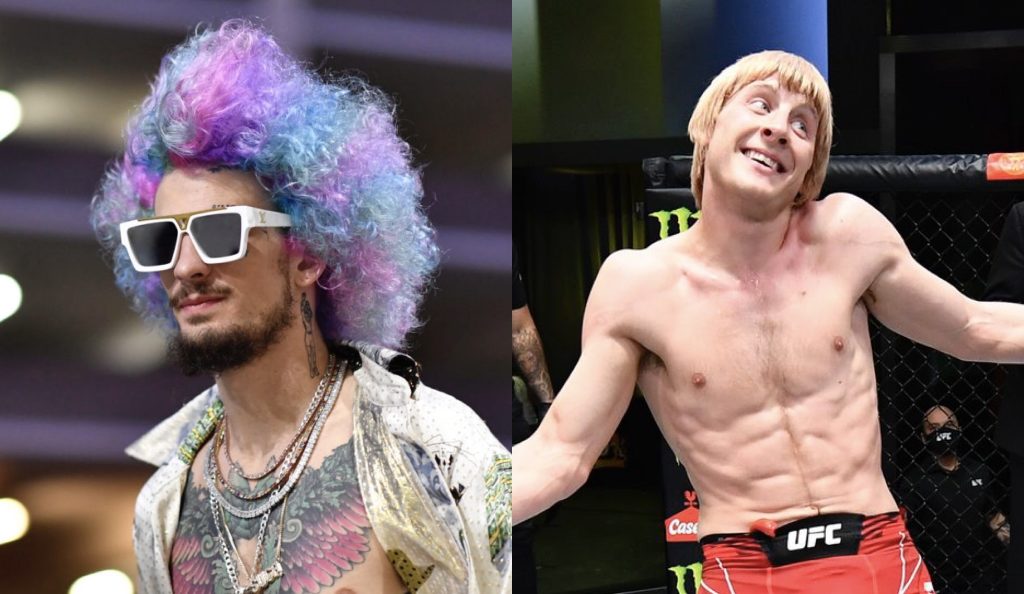
The Sean O’Malley Effect: The Fighters’ Great Awakening to Their Inherent Worth to the UFC
After his win last weekend at UFC London, Paddy Pimblett got people talking. He said in his post fight conference that he will not fight anyone in the top fifteen until his contract has more “zeros” on it. Sound familiar? Bantamweight star Sean O’Malley has also expressed similar sentiment in the past year to those critical of his resume, or lack thereof.
This new idea is actually nothing new at all. In fact, boxing takes this same approach. Fighters have more power with the Ali Act and use that leverage to get themselves a bigger payday. We see it currently with Dillian Whyte who isn’t showing up to press conferences for his upcoming bout with Tyson Fury because he feels he isn’t getting paid what he’s worth, so he’s giving the promotors the amount he feels they’ve paid for.
With Paddy Pimblett, Sean O’Malley and others leading the way, fighters are starting to take the stance that they, not the UFC, are the product. And to be completely fair, they are. It’s Pimblett, Chimaev, McKinney, O’Malley, and all these up and coming names that are sacrificing the blood, sweat and tears day in and day out. It’s not Dana White. While White and the UFC deserve their share for creating the platform that is the UFC, without the pioneers (Chuck Liddell, Anderson Silva, BJ Penn), the platform would have fallen by the wayside.
Sean O’Malley and the merging of MMA and boxing business
I’ve been calling it for years saying that MMA and boxing are becoming more and more alike in terms of the business aspect. More specifically, MMA is drifting towards a boxing business model. But that directly clashes with the UFC’s business model of being the product. But going forward, the UFC may not have a choice in the matter. As more and more attention comes to fighter pay, the more government officials will take notice. While some like Sam Alvey are totally fine with the fighter pay structure, the majority of fighters are calling for more pay.
But that topic has been covered in depth by many in the MMA media space. What’s really interesting about how Sean O’Malley and Paddy Pimblett are handling this comes from an experience perspective. We are seeing more fighters take a slow build and growing their skills and following base for future benefits down the line.
In boxing, a young talent will take on multiple gimmie fights with different objectives. Working the jab, getting rounds in, and more are things young boxers work on in their early fights before taking on rough challenges. It’s not that all uncommon to see a boxer with a 20-0 record before taking on a tough test. It’s part of what boxing fans are used to, and even though they hate it, it has become a part of the life of that business.
I’m not suggesting MMA starts working on these gimmie fights. On the contrary, I believe that iron sharpens iron and fights between prospects is very beneficial. Much like a potential Adrian Yanez vs. Sean O’Malley or the previous bouts between Conor McGregor vs. Max Holloway. It didn’t ruin these guys’ careers. It did make them better fighters.
But one would be ignorant to ignore the fact that getting some rounds in against lower tier opponents would have some benefits to a fighter’s skills, confidence, and more.
Not everything is set in stone
With fighters like Sean O’Malley and Paddy Pimblett are essentially devaluing the belt and putting more emphasis on making a living with the limited time they have fighting, not all agree with the method of fighting cans.
Prime example is none other than Khamzat Chimaev. He’s been fast tracked to the title and we’re seeing him in a title eliminator at UFC 273. It will be his fifth fight in the UFC and three of those took just over a month.
There is also Ciryl Gane who only took three years to get to the title. His UFC debut saw him a 3-0 fighter and he’s spent more time in the UFC than out during his MMA career. Muhammad Mokaev, who made his UFC debut this past weekend, plans on breaking Jon Jones’ record as the youngest ever UFC champ. One could assume he will be fast tracked to that.
But, in boxing there is always Vasily Lomachenko, who in 2014 in his third pro boxing match. There are always exceptions to the rule.
While I don’t see MMA ever becoming fully like the business of boxing, the line between the two will become more and more blurred. As fighters get more vocal and gain more leverage over the content they create, namely the fights, we are that much closer to seeing the Ali Act in mixed martial arts.
**********
In addition to covering the UFC for My MMA News, Blaine Henry, the author, also analyzes fights from all combat sports across the globe.
Blaine Henry can be found on Twitter, on his podcast, and Patreon.





